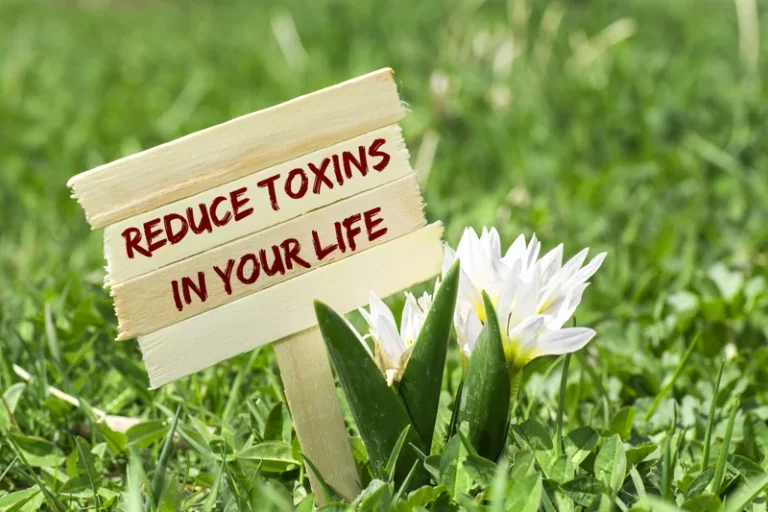
Abstinence may not be a realistic solution with some addictions, such as eating and in some cases sexual addictions. Even in these instances commitment to moderation is an important factor for success. Drinking is often a coping strategy subconsciously used to avoid having to deal with uncomfortable or painful issues. Moderated drinking could give you the space to address those issues you’ve been pushing aside. However, it’s important to keep in mind that naltrexone will not prevent you from becoming inebriated or drunk from alcohol.

Auricular Acupuncture and Addiction
Just because you can’t feel the typical “high” from alcohol while taking naltrexone, it does not mean you should drive or perform other dangerous activities while under the influence of alcohol. The sample size used in the study also leaves something to be desired and I would hope that further research would examine these effects with a bigger cohort and a more variable participant group. When I first set about writing this article, many of the issues I was going to bring up had to do with research on alcohol relapse patterns, my own story, and other evidence I’ve already introduced on All About Addiction. While this is always encouraging to me, it also made me wonder about the differences between these groups that might be easy to see when someone shows up to treatment. You know, the stuff we can see, feel and measure (I’m a stats geek after all).
Who looks to control, instead of abstain from, alcohol and what are the results?
Many individuals with an alcohol use disorder that wish to change their drinking, however, have a goal of moderation – sometimes referred to as “harm reduction” – rather than complete abstinence. Indeed, moderation appears to be a viable pathway to alcohol use disorder remission for some. Identifying who will be most likely to respond to these moderation-focused alcohol treatments will be key to clinical recommendations and policies related to moderation versus abstinence. Some clinicians and researchers posit that the https://ecosoberhouse.com/article/5-ways-to-destress-after-work/ field’s current emphasis on abstinence-based recovery may fail to engage many individuals with SUD because of perceptions that a goal of abstinence is required to engage with care. From a broader public health perspective, increasing access to effective SUD interventions and recovery support services is likely to enhance their overall impact (Glasgow et al., 2003). Such reductions are very often the goal of treatment and as such, show some possible promise for the treatment of individuals with alcohol abuse problems.
Electrical Currents as Treatment for Depression
- At Monument, you can meet with a physician, such as myself, to discuss if medication to stop drinking is appropriate for you.
- In fact, in 2021, according to SAMHSA, only 6% of people with a substance use disorder received any form of treatment.
- They want to learn to drink less and to quit before they reach intoxication.
- Alcohol moderation programs are endorsed as an effective option by organizations like the National Institute on Alcohol Abuse and Alcoholism (NIAAA) and the Substance Abuse and Mental Health Services Administration (SAMHSA).
Before you consider that to be a SMART Recovery® license to relapse, it is not. The reality for alcohol addictions, for example, is that people have an average of two and a half relapses in their ultimate turn to controlled drinking vs abstinence permanent sobriety. A commitment to sobriety means that you are committed to a course of action, understanding that it is not an easy task and one that takes a great deal of patience, persistence and practice.
- Combined with a consistent and aggressive disputing of urges to use, most find their messages to use either decrease to nothing or become infrequent and easily handled.
- Understanding how external factors will support or impede your success can help you determine if moderation is something that feels achievable within your current lifestyle and circumstances, or if sobriety is a more realistic goal.
- A study conducted at the University of Gothenburg, Sweden found that the Reagans of the world are more successful in treatment than the Saras.
- Abstinence rates may be higher in samples where individuals identify as ‘in recovery’ (Kelly et al., 2018) as well as those recruited mostly through treatment-oriented organizations, as was the case in the What is Recovery Study (Subbaraman and Witbrodt, 2014).
- Moderation offers a path to sobriety without completely eliminating drinking.

Methadone and Suboxone: Treatment for Opioid Addictions

History of SMART Recovery

